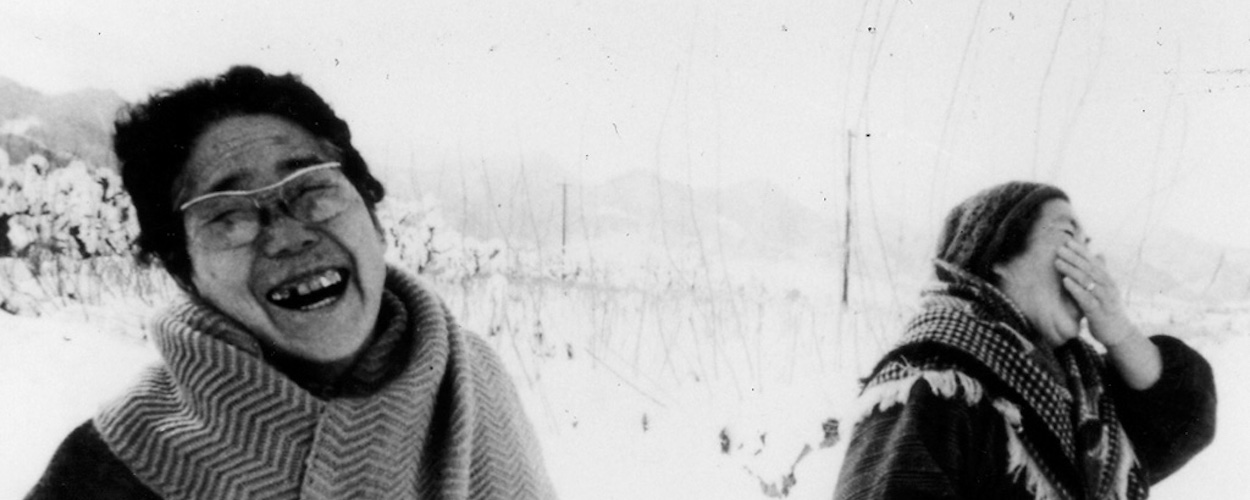This book was a death bed promise to director Ogawa Shinsuke.
His collective—known in Asia as Ogawa Pro—was an influential filmmaking collective that started in the 1960s. Between 1968 and the mid-1970s, Ogawa Pro electrified the Japanese student movement with its Sanrizuka documentary series—eight films chronicling the massive protests over the construction of the Narita airport—which has since become the standard against which documentaries are measured in Japan.
A critical biography of a collective, Forest of Pressure explores the emergence of socially committed documentary filmmaking in postwar Japan. Analyzing Ogawa Pro’s films and works by other Japanese filmmakers, I address key issues in documentary theory and practice, including individual and collective cinema production modes and the relationship between subject and object.
A friend of the collective, I had unprecedented access to Ogawa Pro’s archives and conducted years of sake-fueled interviews with former members. The result is an exploration of the fate of political filmmaking in the wake of the movement’s demise.
Forest of Pressure: Ogawa Shinsuke and Postwar Japanese Documentary (Minneapolis: University of Minnesota Press, 2007).
Cover

Praise for Forest of Pressure
Yoshimoto Mitsuhiro
Extraordinarily valuable, illuminating, and even entertaining, Forest of Pressure brims with the types of information that only a key insider can get his hands on.
Yoshikuni Igarashi
Much like the later phase of Ogawa Pro’s production method, Nornes strives to share a common space with the subject of his study through establishing a long, sustained relationship with the former members. Since the author applies the very method developed by Ogawa Pro to portray the collective, I do not hesitate in calling him a de facto member of Ogawa Pro. With this deep identification with the subject comes a unique perspective on the inner works of the collective which powerfully defines the author’s views on postwar Japanese documentary film.
Mark Cousins
Markus Nornes has stepped in to produce the most significant book on documentary I’ve read . . . Forest of Pressure is a gripping portrait of a charismatic, quixotic, spendthrift activist, innovator and fantasist who is talked about in semi-religious terms in Japan. Ogawa Pro’s ‘awesome passion’ leaps from the page, and Nornes, who was there for part of the story, makes us feel as if we are there too. It’s easy to imagine this book changing the lives of Anglophone filmmakers.

